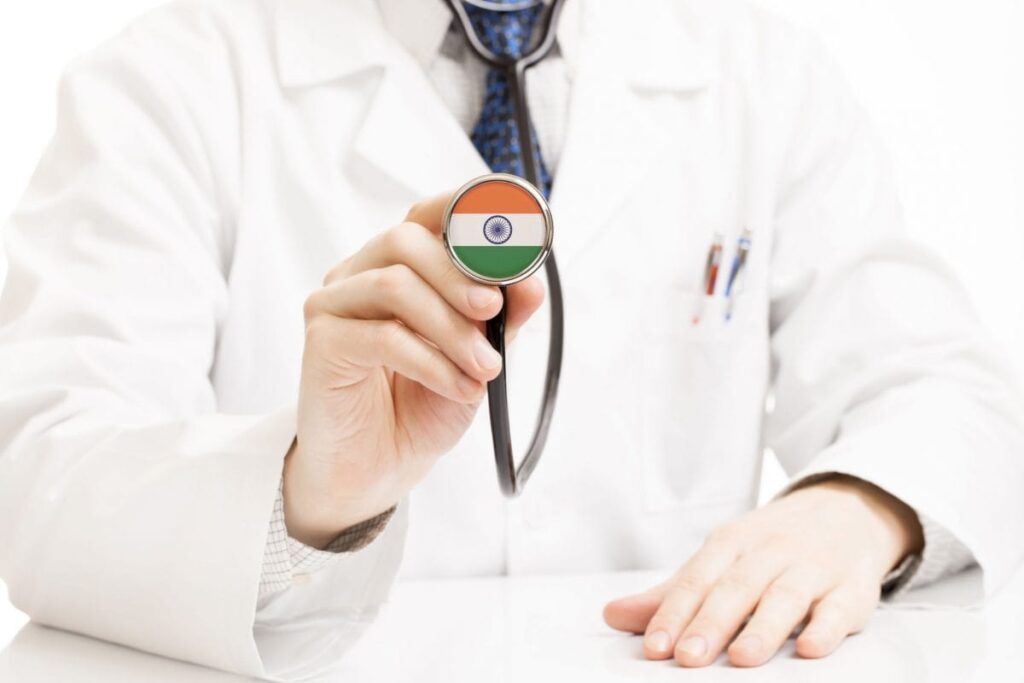India is the latest country to join a global coalition aiming to combat antimicrobial resistance.
 Among current members are sixteen countries, the European Commission, two philanthropic foundations and four international organisations (as observers). With India as a member, the research hub now represents more than half the world’s population.
Among current members are sixteen countries, the European Commission, two philanthropic foundations and four international organisations (as observers). With India as a member, the research hub now represents more than half the world’s population.
India is among the countries most at risk from the threat of antimicrobial resistance. Numerous strains of diseases have already been documented as being resistant to antibiotics in India. Among these diseases are tuberculosis (TB), malaria and candida auris.
Use of antibiotics is surging in India. The country is the largest consumer of antibiotics in the world with consumption documented to have increased by 103 percent from 2000 to 2015, the highest among all low and middle-income countries (LMICs).
“We all have a role to play to protect the efficacy of antimicrobial agents and to support the efforts of the different sectors at national, regional and global levels. Working together, we can address this threat and change the trajectory of health for humanity,” said Renu Swarup, Secretary for the Department of Biotechnology at the Union Ministry of Science and Technology, in a press release.
TB is a prime example of the difficulties drug resistance may cause. There is potential that, in the future, multidrug-resistant tuberculosis (MDR-TB)( strains spread to become the most common form of the disease, negating all first-line treatments. Such a scenario could place a huge burden on economies, especially those of LMICs, due to the fact that second-line treatments are often more expensive.
India accounts for sixteen percent of the estimated 480,000 new annual cases of MDR-TB. Without rapid engagement of research and development of new tools to combat drug resistance, this situation is posed to spiral out of control.
The research hub has developed a provisional work plan extending over the 2018-20 period. Over this time, it has proposed the establishment of operational activities and operational procedures as well as the intention to engage experts in ad-hoc Expert Advisory Groups to understand the range of research and development incentives and gaps in the incentive toolbox.
Antimicrobial resistance is a global threat that has the potential to overwhelm healthcare systems on a global scale. If the threat is to be properly addressed, pooling resources in collaborations such as this is a necessity in order to maximise the efficiency of the research and development process.

